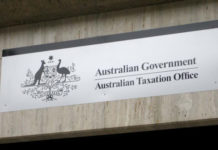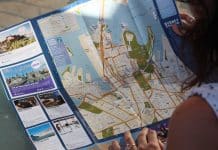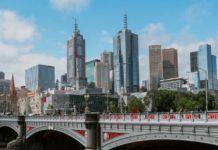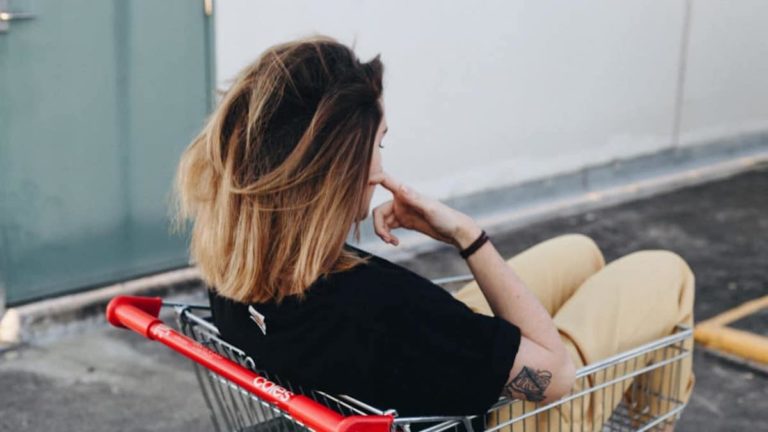
Australia is known for its high quality of life, stunning landscapes, and vibrant cities. However, the cost of living can be quite high compared to other countries. Whether you’re planning to study, work, or simply explore Australia, it’s essential to understand the various types of expenses you’ll encounter. This guide breaks down the cost of living in Australia, covering accommodation, food, transportation, healthcare, and more.
Table of Contents
Currency in Australia
The Australian Dollar (AUD) remains Australia’s official currency. Banknotes are issued in denominations of $5, $10, $20, $50 and $100, and coins in 5¢, 10¢, 20¢, 50¢, $1 and $2. All existing notes—featuring the late Queen Elizabeth II—continue to circulate alongside newer issues; Australia has not yet replaced her portrait.
As of May 2025, the exchange rates are approximately:
- 1 AUD = 0.63 EUR
- 1 AUD = 0.54 GBP
Rates fluctuate daily—use a trusted converter or bank rate when you exchange.
Cost of visa to come to Australia
To travel to Australia, you must get a visa , regardless of the length of your stay. Here is the list of the main visas that may correspond to your situation (costs from 1st July 2024):
- Student visa / Student Visa: from AU$1600
- Tourist Visa / Tourist Visa (Subclass 651, eVisitor): $0
- Working Holiday Permit / Working Holiday Visa (Subclass 417): $650
- Sponsored Work Visa / TSS Visa (former Sponsorship Visa): From $1495
- Partner Visa: from $9095
Housing costs
Hostel
One of the options is to stay at a hostel. Some people who don’t stay at the same place for a long time or don’t want to deal with renting an apartment choose this option. One night will approximately cost you 40 AUD, depending on your location. If you want a single room in a hostel, the average price will be between 100 AUD and 150 AUD per night. It is possible to get better prices if you stay 1 week (for example 7th night free of charge).
Shared Accommodation / Rent
| City | Shared House (Private Room) | Studio / 1-Bed Apt. | 2–3-Bed Apt. |
|---|
| Sydney | 650–900 /week | 850–1 200 /week | 1 200–2 000 /week |
| Melbourne | 550–800 /week | 750–1 000 /week | 1 000–1 800 /week |
| Brisbane | 500–750 /week | 700–950 /week | 900–1 500 /week |
| Perth | 450–700 /week | 650–900 /week | 850–1 400 /week |
| Adelaide | 400–650 /week | 600–850 /week | 800–1 200 /week |
| Regional | 300–500 /week | 500–700 /week | 600–1 000 /week |
For more information: Best suburbs to live in Sydney
Campervan
Some people even decide to go on a road trip and live in a campervan. Ìf you buy a campervan, the accommodation costs are basically non-existent so you will be saving money. However, it is not a good option for people who want to stay in a city but is perfect if you want to travel around the country.
For more information : Budget for a road trip in Australia
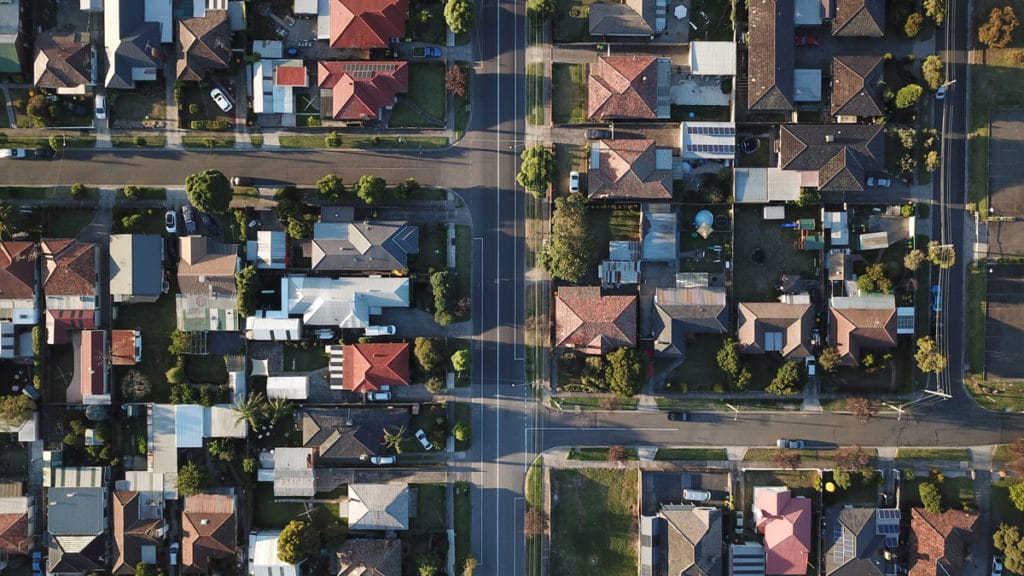
Food & Dining
Groceries
- On average, a single person can expect to spend around 80 AUD per week on groceries. Shopping at budget supermarkets like Aldi, or buying in bulk, can help reduce costs.
Even though Australia has the reputation of being an expensive country, food is very similarly priced to most other (European) countries. Like in every other place, you receive the quality you pay for. A good piece of meat will cost you a lot more than a mid-ranged burger. Also, if you buy imported goods or fruit and vegetables that are not in season, you might be asked to pay a fortune!
- Big chains: Coles, Woolworths, ALDI
- Save: shop farmers’ markets, subscribe to grocery delivery discounts
Eating Out
- Cafes and Fast Food: A meal at a cafe or fast food restaurant typically costs between AUD 20 and AUD 30.
- Restaurants: Dining at a mid-range restaurant can cost around AUD 40 per person. High-end restaurants can be significantly more expensive.
👍 Good to know: A good way to save money is to pay attention to sales!
At the end of the day a lot of supermarkets offer their products for reduced prices. Also, there are new weekly sales, which is a good opportunity to try new products! At last, when it comes to alcohol, the prices change constantly! Always compare the prices and look for special offers!
Going out
Despite its reputation as a very expensive country; going out in Australia can be quite affordable. And indeed, the cafés, bars, restaurants are numerous, you just have to find the good offers and happy hours and you will manage to stay on a low budget.

Clothing
Clothes in Australia are generally speaking on the more expensive side. Nevertheless, it is very easy to minimize your expenses by shopping at outlets, during sales or at second-hand shops (charity shops/op shops). Also, shops like Kmart or Big W offer very cheap clothes, comparable to those at Primark. The quality is not necessarily there but these clothes will be perfect for the duration of your stay.
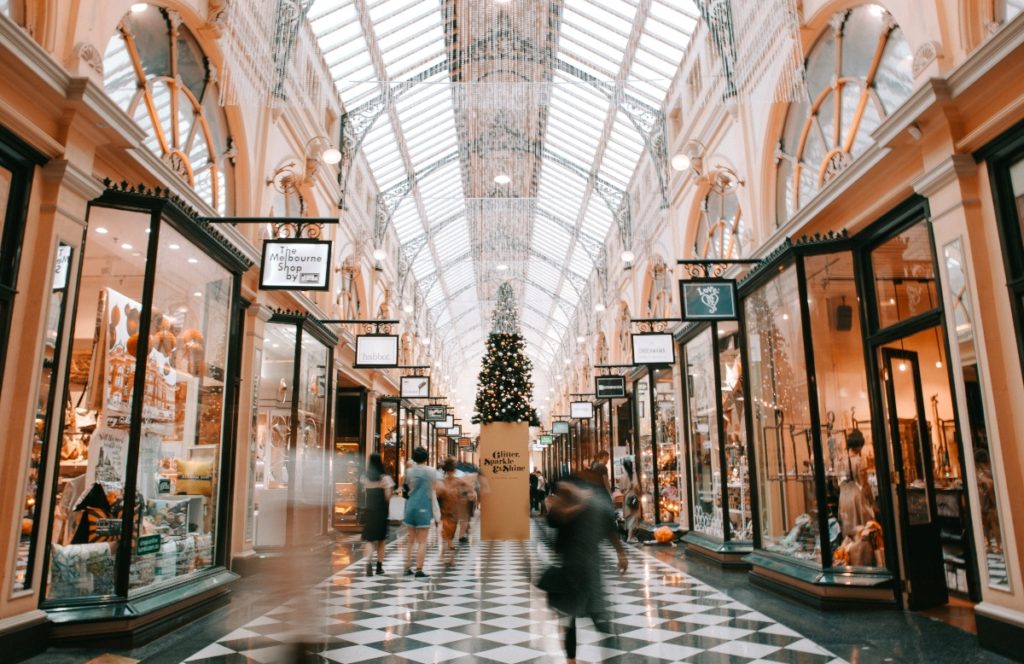
Transport
Fuel Prices
Most cars in Australia run on gasoline and not on diesel fuel. One litre of gasoline is comparatively cheap, even if it depends on where you are filling up your car (like everywhere else). On average, Petrol (regular unleaded) is 1.80–2.20 /litre. You can pay up to twice the price in the more isolated regions of Australia.
To check the costs of fuel in Australia (or elsewhere), click HERE.
Public transport
To give you an idea:
A transport ticket, average price 4.5$ (2.9€)
One month’s public transport pass in Sydney: about 150 AUD (about 100€)
On the other hand, train travel can be very cheap. For example, a trip from Sydney to the Blue Mountains will cost you only $2.50 if you travel on a Sunday (over 100km).
👍 Go Card = Brisbane, Myki = Melbourne, Opal = Sydney to reduce your costs.
Taxis also charge differently, depending on where you are. On average, you’ll be asked to pay 2 AUD per driven kilometre. Additionally, there are surcharges in the big cities (booking fee, if you’re going in the night, some bank cards…).
Another option is Uber, but this service is available mainly in the big cities. One ride will cost you about 25 / 30 AUD (think about using promo codes).
Know that you can also share rides with other people for long-distance trips. You can easily find ads on Gumtree or on Facebook groups. This can be a good option to save you some money if you want to visit the city surroundings.
👍 Important: Since August 2024, all public transports in Queensland are $0.50.
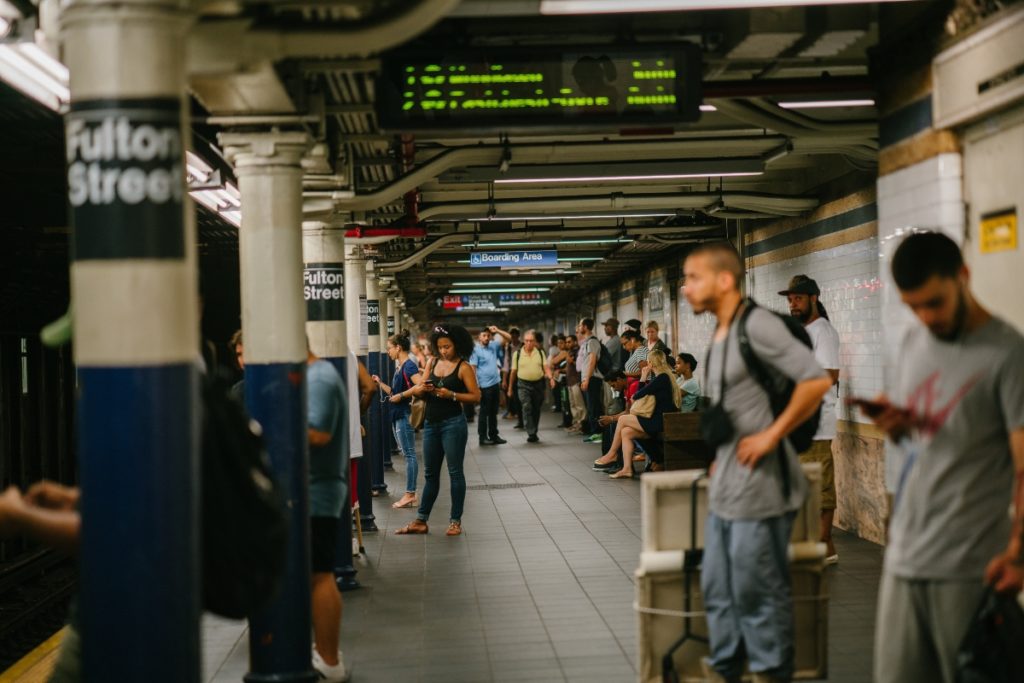
Hygiene and Health Products
Hygiene products are generally more expensive than elsewhere. If you don’t have an overseas health insurance, medicine and health products will be the most expensive in Australia. So, in case you do become sick or injure yourself and need to visit a doctor or go to the hospital, you will not get any refund and end up having to pay everything yourself. So it is better to have an travel insurance prior leaving your home country.
Healthcare
Medicare
- Residents and citizens have access to Medicare, Australia’s public healthcare system, which covers many medical services and treatments. Some foreign visitors also have access to Medicare thanks to reciprocal health care agreements between Australia and their home country. It is the case for UK citizens, Belgium, etc. Those having access to Medicare will be covered once in Australia. However, you might still need private health insurance for additional coverage.
Private Health Insurance
- For international students and non-residents, private health insurance is mandatory. Costs range from €400 per year, depending on the level of coverage and the policy subscribed.
💰 10% discount on your insurance policy
Find here all the information you need and get your 10% Go walkabout promo code for any policy.
Beauty products
In Australia, most of the beauty products are imported. If you want to consume the same products as in the UK, it could become very expensive. On the other hand, there are many local producers that offer products for a very affordable price.
Alcohol and Tobacco
Everyone needs little extras to spice up everyday life.
The prices of local beers are equivalent to the prices of beers in the UK. Imported beers are more expensive. The more reason to discover Australian beers.
Strong spirits are much more expensive than in the UK since the majority of brands are imported. There are also Australian government taxes to factor into the price. You can benefit from discounts if you buy your bottles in sets of 2 or more but the price remains higher than in the UK.
Australia has the highest tobacco tax rate. This explains the overpriced packages.
Utilities & Bills
| Service | Monthly Cost |
|---|---|
| Electricity & gas | 150–200 |
| Water | 30–50 |
| Broadband Internet | 60–80 |
| Mobile plan (50 GB) | 30–50 |
| Private health insurance | 100–150 |
Electronics / Home Appliances
Common electronics and appliances in Australia, with AUD, EUR and GBP equivalents (rates: 1 AUD ≈ 0.63 EUR / 0.54 GBP):
| Item | Australian Price (AUD) | Euro (€) | Pound (£) | Notes |
|---|---|---|---|---|
| Smartphone iPhone 15 (128 GB) | 1 439 | 907 | 778 | Apple Store retail price |
| Laptop MacBook Air M2 (256 GB) | 1 699 | 1 070 | 918 | Base model, Apple Store |
| Television 43″ LED 4K | 499 | 315 | 270 | Entry-level smart TV |
| Refrigerator 450 L Westinghouse | 1 199 | 756 | 648 | Mid-range top-mount fridge |
| Washing machine 8 kg LG front-load | 899 | 567 | 486 | Standard energy-efficient model |
🔖 Tip: Watch for “Frenzy Days” at JB Hi-Fi, “RedHot” deals at The Good Guys or “Click Frenzy” online for discounts up to 30%.
Leisure and Entertainment
Australia offers a wide range of leisure and entertainment options, with costs varying based on your activities.
Gyms and Fitness: Gym memberships cost between AUD 50 and AUD 100 per month. Outdoor activities like hiking and beach sports are free. Plus you will find a lot of infrastructures to exercice in parks, close to the beaches.
Movies and Dining Out: Movie tickets cost around AUD 20. Dining out can range from AUD 30 for a casual meal to AUD 100+ for fine dining.
Travel and Sightseeing: Domestic flights are relatively affordable, with budget airlines offering deals as low as AUD 50 for short routes. Activities like tours and excursions can range from AUD 100 to AUD 600, depending on the experience.
Buying a vehicle
If you’re planning a road trip in Australia and considering buying your own vehicle, it’s important to note that prices can vary depending on several factors such as the city and season of purchase, brand, condition, age, and mileage on the vehicle. To give you an idea of the budget you’ll need, here are some approximate figures:
- A mid-range station wagon: between $4,000 and $6,000
- A mid-range van: between $9,000 and $12,000
- A mid-range 4×4: between $8,500 and $12,500
Keep in mind that these prices are just averages and can vary depending on a number of factors. It’s always a good idea to do your own research and shop around before making a purchase.
Studies in Australia
To study in Australia, you have several possible visa options:
- The Student Visa allows you to study for a minimum of 3 months;
- The Tourist Visa allows you to study for a maximum of 3 months;
- The Working Holiday Visa allows you to study for a maximum of 4 months.
The cost of studies (private lessons / schools / universities)
Whether you decide to take language courses or any other subject when entering an Australian university, studying in Australia requires a certain budget .
- English lessons: $300/week
- IELTS test: $450. This test must be validated to enter TAFE or university.
- TAFE (BTS level: Certificates I to IV, Diploma and Advanced Diploma): $5,000 to $22,000
- Undergraduate Bachelor Degree – $22,000 to $45,000
- Postgraduate Masters Degree (Masters level) – $25,000 to $50,000
- Doctoral Degree – $20,000 to $45,000.
Sample Monthly Budget
As you might have been able to figure after reading this article, cost of living in Australia is very variable. That is why we came up with different budget types so you can plan your expenses easier.
| Category | Single (A$) | Couple (A$) |
|---|---|---|
| Housing | 800–1 200 | 1 500–2 400 |
| Food | 400–600 | 800–1 200 |
| Transport | 200–300 | 400–600 |
| Utilities | 300–400 | 500–600 |
| Leisure & Misc. | 300–500 | 600–800 |
| Total | 2 000–3 000 | 3 800–5 600 |
Money-Saving Tips
- Flat-share: split rent and utilities.
- Cook at home: ALDI & farmers’ markets for best deals.
- Daily caps: public transport passes limit your spend.
- Bundle services: combine broadband + mobile + streaming.
- Car-share apps: ShareRide, GoGet for occasional driving.




















